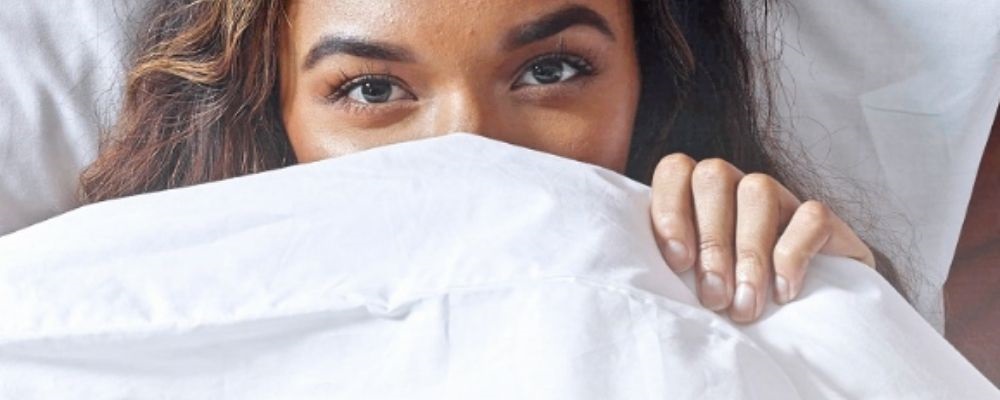Discover our advice on how to stop grinding teeth at night below.

Why do people grind their teeth?
Whether it’s down to stress or a medical condition, there are a number of different causes for teeth grinding at night. Here are a few things that might be triggering it for you:- Stress and anxiety: This is one of the most common causes, and quite often people aren’t aware that it happens as it occurs during sleep
- Medicine: Some forms of medication can lead to teeth grinding at night, such as some antidepressants
- Sleep disorders: Those who snore or suffer from certain sleep disorders may be more likely to grind their teeth. You’re also more likely to grind your teeth if you talk in your sleep or have sleep paralysis
- Lifestyle: Drinking, smoking, drugs and too much caffeine can often cause you to start grinding teeth at night
Teeth grinding symptoms
If you do it in your sleep, you might not know that you’re grinding teeth at night. So what are the symptoms? Here are a few you should look out for:- Pain around the face
- Sore headaches
- A stiff and painful jaw joint and sore muscles
- Earache
- Worn-down, sensitive or even broken teeth (in severe cases)
- Disturbed sleep
Top tips to help you stop grinding teeth at night
Wearing mouth guards and splints
If you find yourself grinding your teeth in sleep, you may benefit from wearing a mouth guard or splint at night. These will help to protect your teeth from any extra damage, and also to soften the grinding noises that can wake your partner up as you sleep.
Mouth guards are typically made from rubber or plastic – like the ones you would wear when playing rugby or other contact sports. You can buy them over the counter, but you might be better off getting one custom-made to fit the contours of your teeth. Mouth splints are made from harder plastic and are made to last longer.
Changing up your lifestyle
As someone who grinds their teeth at night, it may be wise to cut down on your caffeine, alcohol and tobacco intake, to help you better manage your symptoms. This is particularly crucial if you consume any of these right before bed. However, this isn’t always the case as the symptoms can be common in children!
Treating your stress and anxiety
If you’re grinding teeth at night due to stress, one of the best things you can do to help is relax and get a good night’s sleep. So, what’s the best way to wind down for bed after a long day? Here’s some of our advice on how to stop grinding teeth at night:
- Yoga: This kind of exercise can help to boost your mental and physical wellbeing, helping you to relax and wind down before bed. Take some time to let go of the day’s anxieties and negativity to clear your head and release some tension
- Meditation: Relaxing and unwinding with some meditation is another great way to help you chill out before bed, giving you the chance to calm down your thoughts and your brain, and clearing your head for a happy night’s sleep
- Reading: Instead of picking up your phone, why not settle down with a book instead? It will help you focus your brain and help to take away the stresses of the outside world
- Listening to a podcast or relaxing music: Again, instead of scrolling through social media or worrying about work emails and life admin, settle down with some relaxing music or your favourite podcast. This is a great way to help you block out the world and unwind before sleep.
- Running a bath: Have a little “you” time with an evening pamper. Although make sure you have your bath in plenty of time before you head to bed, as you’ll need some time to cool down before you actually go to sleep.
- Setting up the perfect sleep environment: From turning down the lights and locking away your electronic devices, to choosing the perfect bedding for a blissful night’s sleep
There you have it – our advice on how to stop grinding teeth at night. It’s no easy feat, but following our tips is one step closer to a happier, healthier night’s sleep. If you’re experiencing further issues with bruxism, please contact your doctor.
Check out our Sleep Health and Advice hub for more guidance on other sleep conditions, as well as some top tips on how to improve your sleep health and cycle.